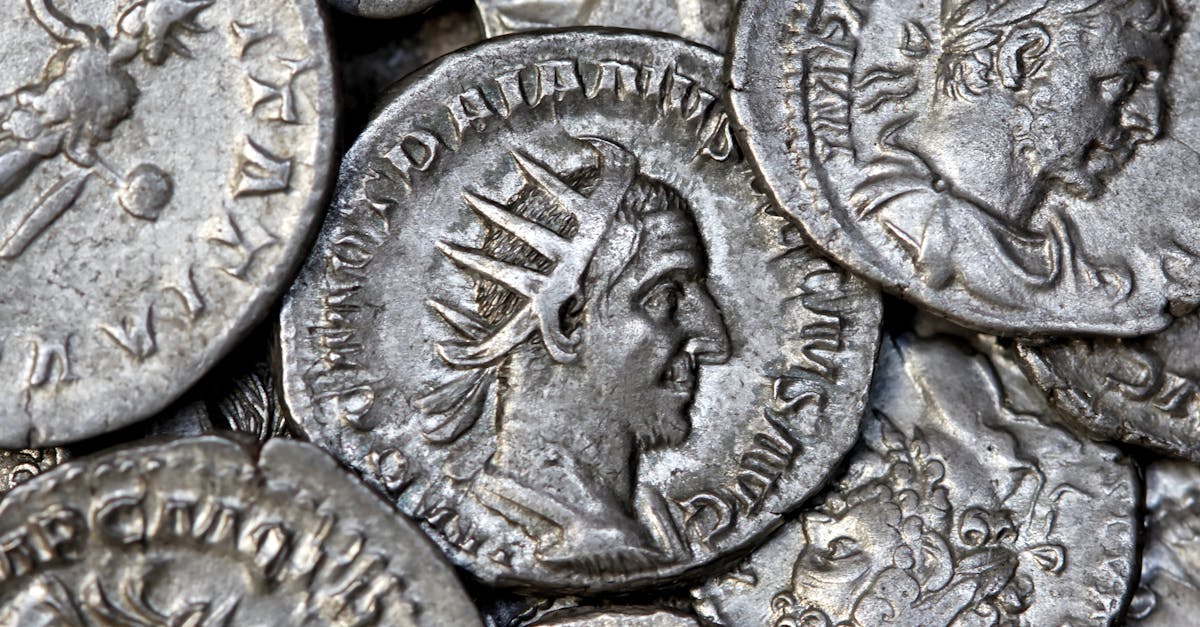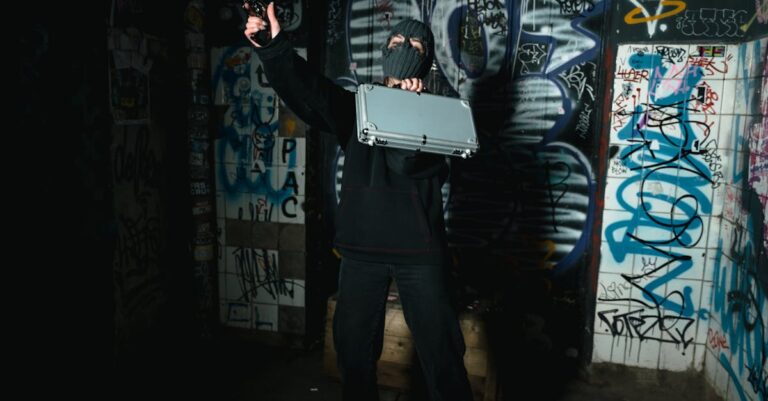
## The Silk & Steel Knot
The dust tasted of cinnamon and regret. Old Man Tiber, they called him – though few knew his true name – adjusted the worn silk scarf shielding his face from the relentless Beijing sun. He wasn’t built for this heat, not after decades spent navigating the damp chill of Balkan trade routes. This city, a sprawling beast of concrete and ambition, felt…wrong. Too clean. Too *efficient*.
He scanned the crowd milling through the Panjiayuan antique market, a practiced eye searching for something beyond jade carvings and calligraphy scrolls. He needed information. Specifically, he required the location of a man nicknamed “The Collector.” A shadow in the burgeoning world of stolen heritage, and potentially his only path to safe passage.
His fingers traced the hilt of the hidden blade beneath his layered robes – a legacy from a time when steel spoke louder than coins. The monastery training hadn’t been about piety, not entirely. It had been about survival.
“Looking for something specific, 老先生?” A voice, smooth as polished lacquer, cut through the din.
A young woman, dressed in the sharp lines of a modern businesswoman, stood before him. Her eyes held an unnerving stillness.
“Antiquities,” Tiber replied, his accent a careful blend of forgotten tongues. “Pieces with…history.”
“History comes at a price these days,” she said, her gaze unwavering. “Especially the kind you seek.” She offered a small, knowing smile. “I might know someone who deals in difficult stories.”
He raised an eyebrow. “Difficult how?”
“Lost to time. Stolen from rightful owners. Objects that whisper secrets.” She paused, studying him intently. “You have the look of someone who understands whispers.”
He offered her a single, tarnished silver coin. A Khazar mark, practically worthless to anyone here but a signal nonetheless.
“Find me The Collector,” he instructed. “Discretion is…valued.”
Her lips curved. “Consider it done.” She turned and vanished into the crowd, leaving him with a growing sense of unease. This city was a labyrinth, and he, a ghost adrift in its currents.
He spent the next few days navigating Beijing’s underbelly – smoky tea houses frequented by art smugglers, dimly lit auction halls echoing with hushed negotiations. He posed as a scholar researching ancient trade routes, subtly probing for information about The Collector’s network. Each conversation felt like walking a tightrope above an abyss.
The name surfaced repeatedly, always accompanied by warnings and veiled threats. The Collector wasn’t just a fence; he was an enforcer, a man who operated with the silent approval of powerful figures.
“He favors blue porcelain,” an old pawnshop owner confided, wiping his hands on a greasy cloth. “And he doesn’t like questions.”
Tiber learned that The Collector had recently acquired a series of artifacts believed to have originated from Bulgaria – specifically, items pilfered during the Ottoman conquest. A knot tightened in his stomach. This wasn’t coincidence.
He found The Collector’s warehouse on the outskirts of the city – a sterile, white building surrounded by high walls and security cameras. He didn’t attempt to infiltrate it directly; that would be suicide. Instead, he focused on surveillance, observing the patterns of movement, identifying weaknesses in their security.
He discovered a small, hidden entrance used for deliveries – a blind spot obscured by overgrown vegetation. It was risky, but it was his only option.
Under the cloak of darkness, he slipped inside. The warehouse interior was a cavernous space filled with rows upon rows of meticulously cataloged artifacts – pottery, sculptures, paintings, weapons. He moved with the grace of a shadow, his hand resting on the hilt of his blade.
He found what he was looking for in a heavily guarded back room – a display case containing a series of silver reliquaries, each intricately engraved with Khazar symbols. His breath hitched. These weren’t just relics; they were pieces of his family history, stolen centuries ago by marauding Ottoman soldiers.
“Interesting taste.” A voice cut through the silence, cold and precise.
The Collector stood before him, a tall, imposing figure in an impeccably tailored suit. His eyes were like chips of ice.
“These are not for sale,” he stated, his voice devoid of emotion.
“They belong to my family.” Tiber’s grip tightened on the hilt of his blade.
“Ownership is fluid in this world,” The Collector replied, a sardonic smile playing on his lips. “Especially when it comes to objects with…complicated pasts.” He gestured towards a surveillance monitor showing footage of Tiber’s infiltration. “You were rather careless. My security team is already on their way.”
“I expected as much,” Tiber said, drawing his blade. The steel gleamed in the dim light. It wasn’t a grand weapon, but it was perfectly balanced, honed to razor sharpness.
The fight was brutal, swift, and silent. Tiber moved with the fluidity of water, deflecting blows, exploiting weaknesses in his opponent’s defense. He wasn’t seeking to kill; he only wanted the relics.
He disarmed The Collector, pinning him against a wall. “Where are the rest of them?” he demanded.
The Collector’s eyes narrowed. “You underestimate my reach.”
“I understand power,” Tiber said, his voice low and dangerous. “But I also understand the value of preservation.” He forced The Collector to reveal the location of a hidden vault containing the remaining stolen artifacts.
The vault was filled with treasures – ancient texts, religious icons, ceremonial weapons. Tiber began to carefully catalog the items, his heart aching with each discovery. These weren’t just objects; they were pieces of a lost civilization, fragments of his heritage.
Suddenly, the warehouse doors burst open, and a group of armed men stormed inside. They were led by a stern-faced woman in a military uniform – a representative of the Chinese government.
“Stop what you’re doing!” she commanded, her voice ringing with authority. “These artifacts are the property of the People’s Republic of China.”
Tiber knew he couldn’t fight his way out. He was outnumbered, outgunned. But he wasn’t willing to surrender the relics.
“We need to talk,” he said, raising his hands in a gesture of peace. “These objects have historical significance beyond your borders.”
The woman studied him intently, her eyes assessing his intentions. “Who are you?”
“My name is Tiber,” he replied, choosing his words carefully. “And I am here to negotiate.”
He spent the next few days locked in tense negotiations with the Chinese government. He explained his family’s history, their connection to the stolen artifacts, and their desire to preserve them for future generations. He presented evidence of the Ottoman plunder, detailing the systematic destruction of Khazar culture.
He also revealed the existence of a hidden monastery in Bulgaria – a sanctuary where ancient teachings were still preserved. He proposed an alliance between the Chinese government, the monastery, and his family – a collaboration to protect cultural heritage and promote sustainable philosophies.
The negotiations were fraught with challenges, but eventually, a compromise was reached. The Chinese government agreed to return the stolen artifacts to his family, on the condition that they be displayed in a publicly accessible museum. They also agreed to provide funding for the restoration of the monastery in Bulgaria.
The final meeting took place in the Forbidden City – a symbolic location that represented both power and tradition. He stood before the Emperor, a tall, imposing figure who embodied the weight of centuries.
“You have presented a compelling case,” the Emperor said, his voice measured and thoughtful. “But preserving cultural heritage requires more than just good intentions.”
“I understand,” Tiber replied, bowing respectfully. “It requires collaboration, diplomacy, and a shared commitment to future generations.”
“We are willing to work with you,” the Emperor said, extending his hand. “But we expect transparency and accountability.”
“You have my word,” Tiber said, shaking the Emperor’s hand.
The alliance was forged – a fragile knot of silk and steel, binding together two cultures across the vast expanse of time. He knew that challenges lay ahead – political intrigue, cultural misunderstandings, and the ever-present threat of greed. But he was determined to protect his heritage, preserve ancient teachings, and ensure a sustainable future for generations to come. He looked toward the horizon knowing much travel still lay ahead, and a careful weaving of history was required to protect what mattered most.


